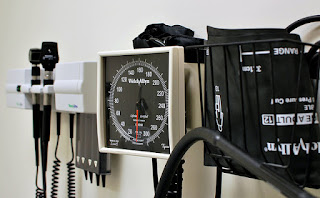God is our refuge and strength, an ever-present help in trouble. Therefore we will not fear, though the earth give way and the mountains fall into the heart of the sea, though its waters roar and foam and the mountains quake with their surging.
I recently became aware of a friend who is in a real struggle right now - betrayed and abused.
Now think - anyone in your life who currently faces trouble or fear? Yourself?
I know many stroke survivors face trouble on a daily basis. I've been there - feeling vulnerable and weak. Some feel it physically. Others struggle with speech problems, memory, vision and more.
Vulnerable? God is your refuge, a safe place in a storm. Weak (physically, mentally or, most important, spiritually)? God is your strength.

















































